Urban Agriculture Resources
-
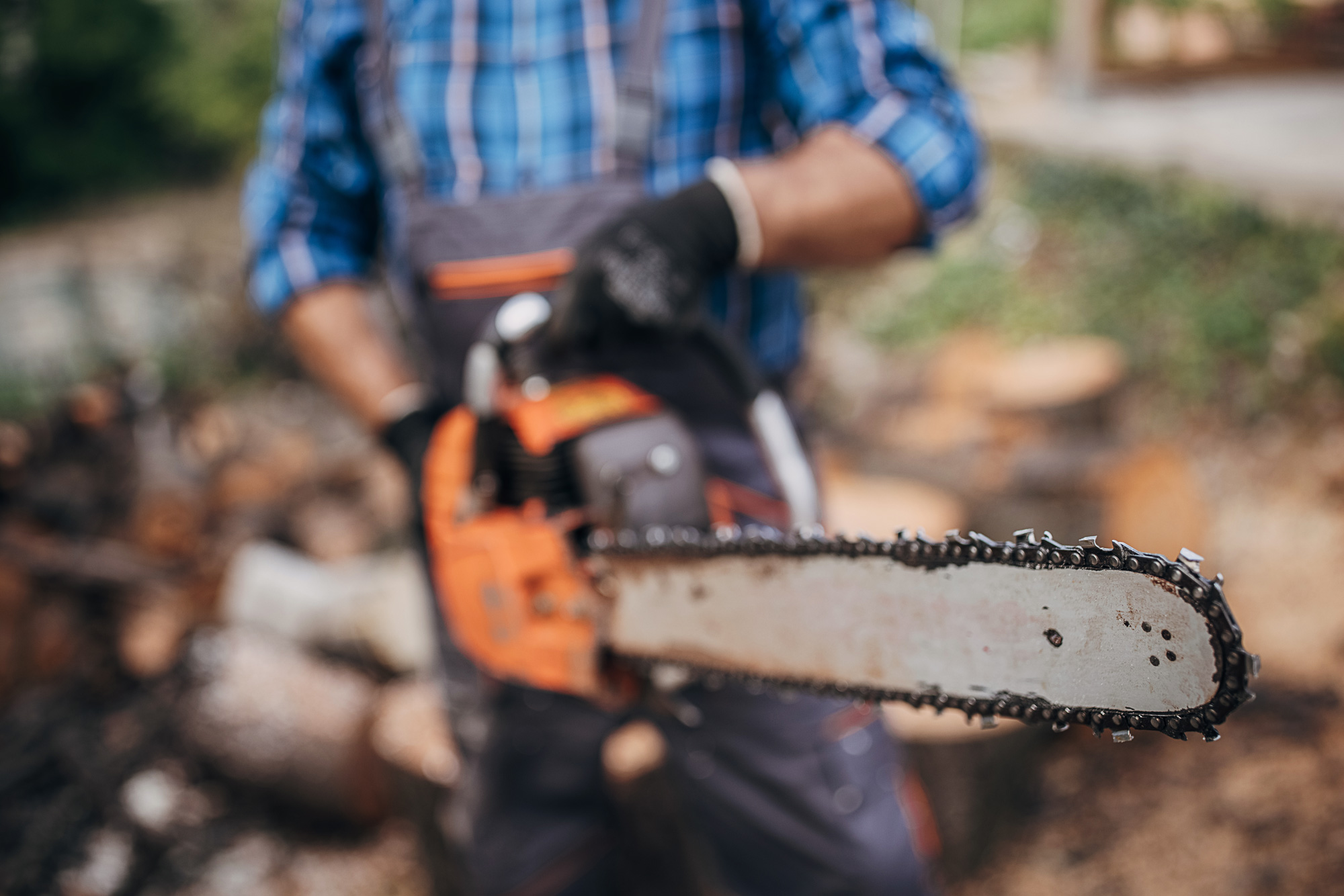
Many people help with tree cleanup after storms pass through. Some are citizen volunteers, and others are private and public sector workers who may or may not have experience with chainsaws. This presentation covers the information every chainsaw operator needs to know before turning on the saw. Topics include personal protective equipment, the five essential safety features of a chainsaw, safe carry, safe start, insect pests, site inspection, and electrical/electrocution hazards.
Alfredo Martinez, Ellen M. Bauske, Heather Kolich, and Josh Fuder
|
-

Muchas personas ayudan con la limpieza de los árboles después de las tormentas. Algunos son ciudadanos voluntarios; otros son trabajadores del sector público y privado que pueden o no tener experiencia con motosierras. Este PowerPoint cubre la información que todo operador de motosierra necesita saber antes de encender la motosierra. Los temas incluyen equipo de protección personal, las cinco características esenciales de seguridad de una motosierra, transporte seguro, arranque seguro de la motosierra, plagas de insectos, inspección del sitio y riesgos con electricidad/electrocución.
Alfredo Martinez, Ellen M. Bauske, Heather Kolich, and Josh Fuder
|
-

C 1199
Storm Damaged Tree Cleanup
Trees are often damaged in storms and can be extremely dangerous to clean up. Storm damaged trees are subject to all the perils associated with tree felling and much more. Working conditions may be difficult. Downed trees may be entangled in other trees, or tossed on buildings, vehicles, or wires. Energy stored in compressed limbs and trunks can be release suddenly, explosively, and fatally. Each situation is unique and requires careful consideration. Application of the included five-step cutting plan will help keep the saw operator safe and working effectively.
Alfredo Martinez and Ellen M. Bauske
|
-

Los árboles son los que mas se dañan en las tormentas y son estos los mas peligrosos de limpiar. Los arboles dañados por tormentas están sujetos a una gran cantidad de peligros asociados con la tala de arboles y mucho, mucho mas. Las condiciones de trabajo pueden ser muy difíciles. Los arboles caídos se pueden enredar con otros arboles, o caerse en edificios, vehículos o alambres. La energía apresada en las ramas o en los troncos comprimidos puede ser liberada repentina, explosiva y fatalmente. Cada situación es diferente y requiere una consideración única. La aplicación de este Plan de corte de cinco pasos ayudará a mantener al operador de la sierra seguro y trabajando de manera efectiva.
Alfredo Martinez and Ellen M. Bauske
|
-
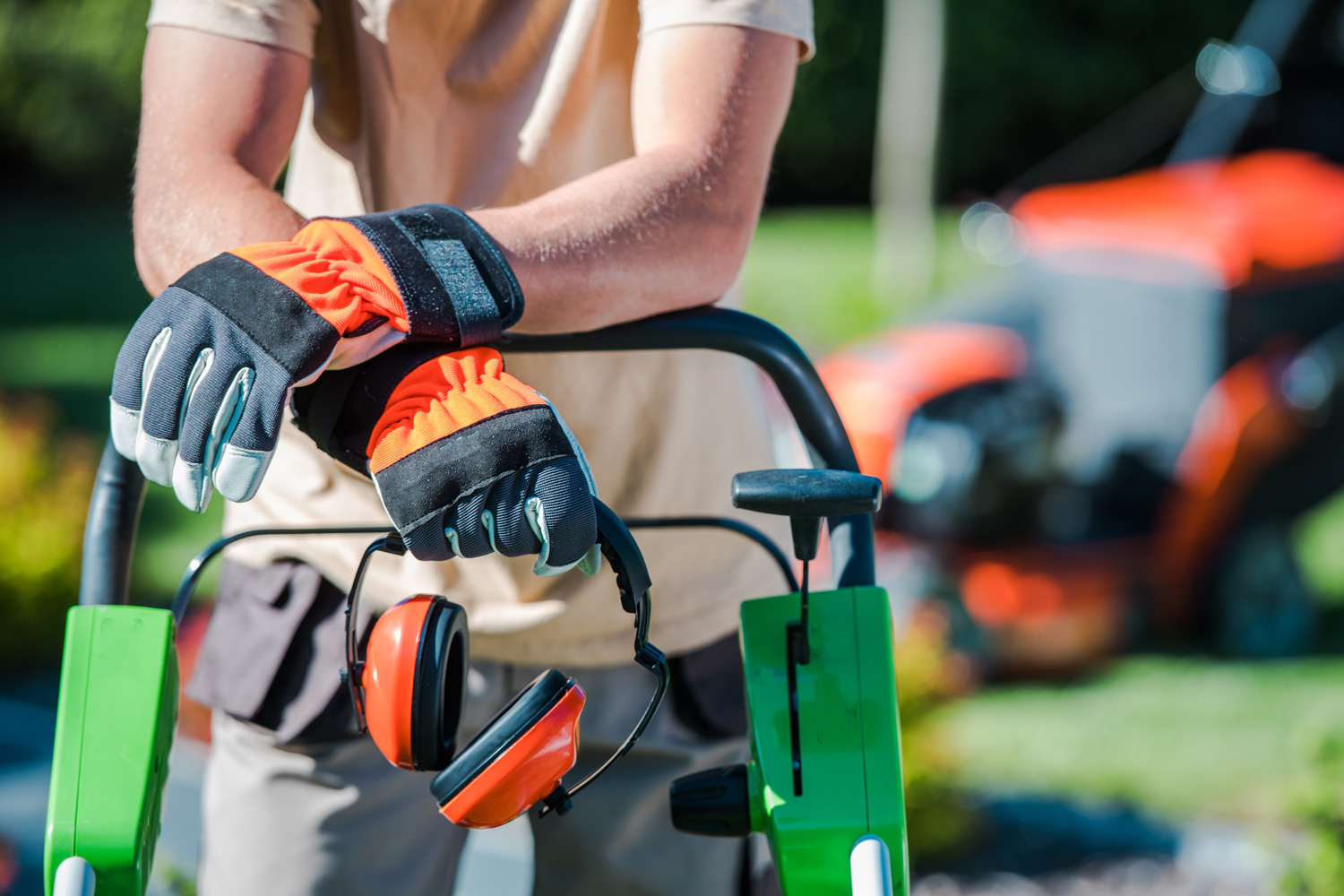
These checklists can be used to introduce new landscape workers to safe work practices. They ensure that job safety training includes safety instruction. Included are sections on general safety precautions, equipment safety, lawn mower safety and pesticide safety.
Rolando Orellana, Alfredo Martinez, and Ellen M. Bauske
|
-
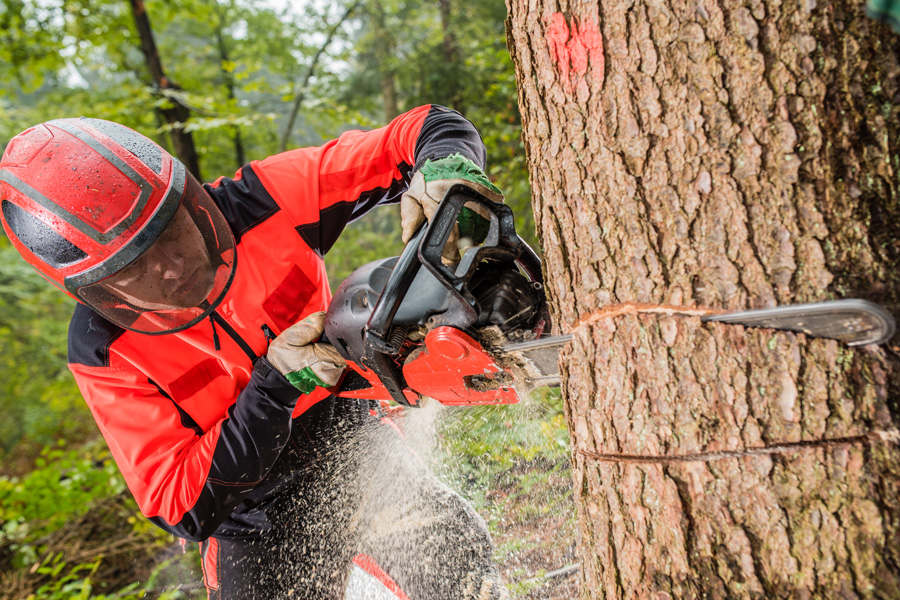
Felling trees is dangerous. Accidents abound when chainsaws and falling timber combine. The five step tree felling plan is a safe and effective way to take down a tree with a chainsaw. Rigorous application of this method will help the saw operator identify and mitigate hazards while dropping the tree as planned.
Alfredo Martinez, Heather Kolich, and Rolando Orellana
|
-
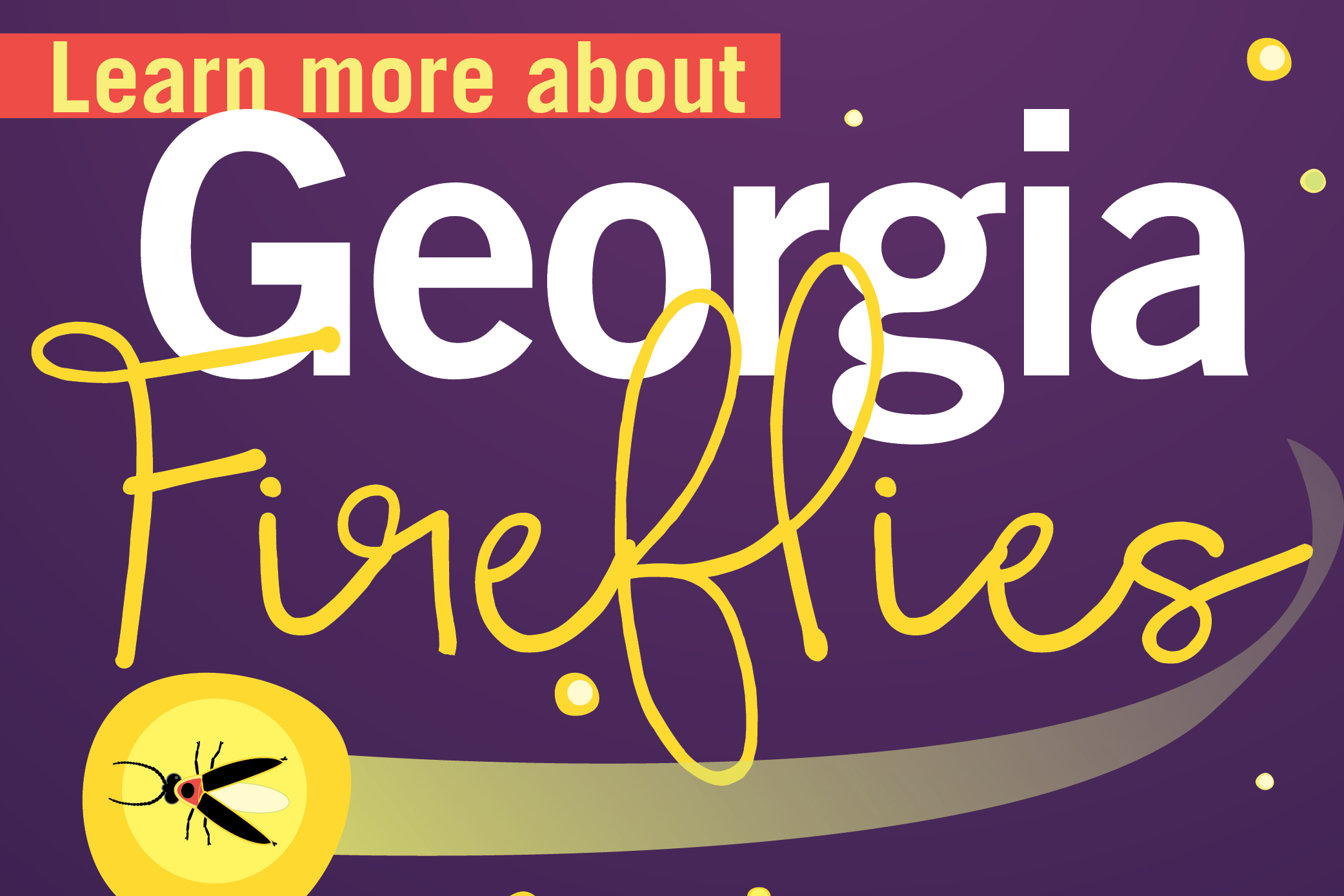
C 1213
Georgia Fireflies
Georgia is home to over 50 species of fireflies, more than any other U.S. state. Also known as lightning bugs, the insects’ “dancing light” patterns are an important, and nostalgic, part of Georgia summer evenings. To protect fireflies and ensure that we continue to enjoy their presence in the landscape, it is important to understand their lifecycle and habitat needs.
Becky Griffin and Jason Schmidt
|
-
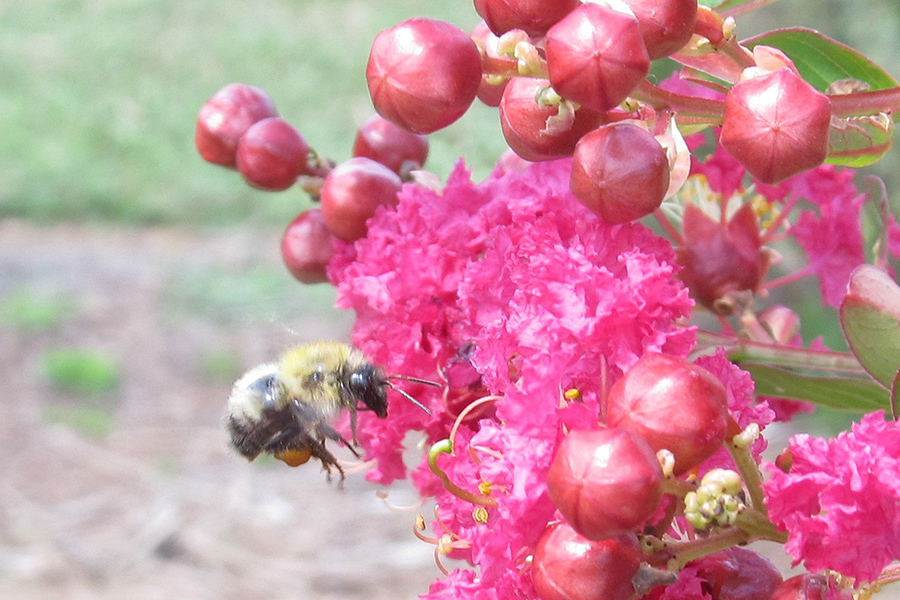
Crape myrtles, Lagerstroemia spp., are popular landscape shrubs and small trees. Native to China, Japan, and Korea southward to Oceania, crape myrtles have been cultivated in the U.S. for more than 175 years. Cultivars range from 3-ft shrubs to 30-ft-tall trees, and they are graced with large panicles of white, pink, lavender, purple, red, and many colors in between. Among cultivars, crape myrtles have a wide range of tolerance to key pests and diseases, such as powdery mildew, flea beetles, crape myrtle aphids, and Japanese beetles. The plant’s flowers are widely admired by humans and can serve as nectar and pollen sources for pollinators. With the recent decline in pollinator health and diversity, pollinator visitation, pest susceptibility, and horticultural attributes should all be considered when choosing crape myrtle cultivars for home and commercial landscapes.
S. Kris Braman, Bodie V. Pennisi, and James C. Quick
|
-
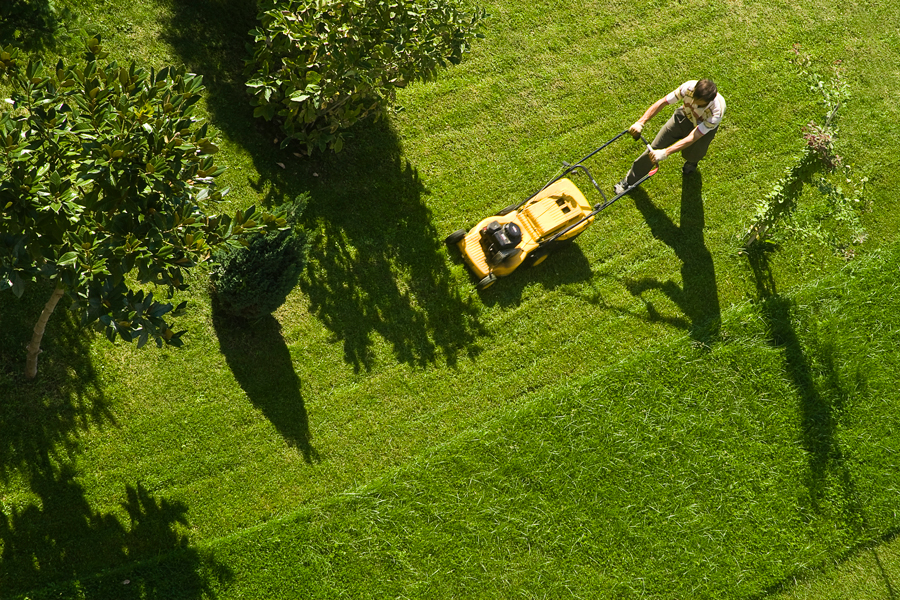
This publication covers routine maintenance and troubleshooting for common motorized equipment (small engine) that is used by small farmers and gardeners. Gardening and landscape equipment can be an expensive investment for both consumers and professionals. However, quality equipment can last a lifetime when cared for properly. Typically, you get what you pay for when it comes to equipment. Higher quality equipment certainly costs more upfront, but usually has fewer problems and will tend to outlast bargain-type tools. With name-brand equipment, parts also tend to be
more readily available. We recommend that you purchase the best equipment you can afford and learn how to take proper care of your equipment to protect your investment. For the garden and landscape, motorized equipment can include everything from a string trimmer to a full-size garden tractor. Most garden equipment is powered by either a two-cycle or four-cycle engine. Two-cycle motors mostly are found on smaller handheld equipment, such as chainsaws, tillers, and trimmers. Four-cycle motors typically are found on larger equipment such as lawnmowers, tillers, and garden tractors, which have separate reservoirs for their gas and engine oil. When properly maintained, both types of motors are quite reliable. Sometimes, very basic issues may keep motors from functioning well. All motors require three basic things to run properly: fuel, fire, and air. If any one or more of these three elements is lacking, the engine will either run poorly or not run at all.Bob Westerfield
|